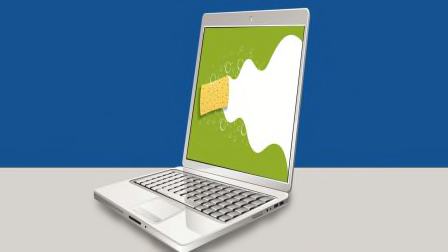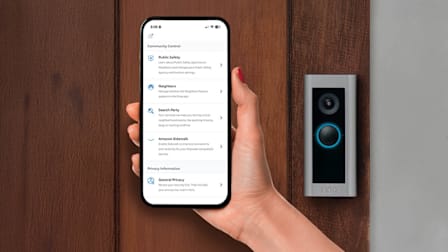7 Steps to More Data Security
These tips will help you stay safe from identity theft and other digital dangers

Just Say No
“Be stingy with personal information,” advises Justin Brookman, Consumer Reports’ director of consumer privacy and technology policy. The less data you give out, the less there is to be stolen. Consumers aren’t obliged to comply with every request for personal data.
Guard Mom’s Maiden Name
Because crooks can search online for details such as your mother’s maiden name or where you attended elementary school, use memorable but fictitious details for online security questions.
Be Unique
Using strong passwords is a must, but it’s just as critical to use different ones for each site. You don’t want cybercriminals to luck into your banking password if they happen to hack into your favorite site for cute socks.
Write It Down
In a perfect world, you’d commit your hard-to-hack, 11-character alphanumeric passwords to memory. It’s not a perfect world. “If you don’t have nosy roommates, just write down your passwords” in a secure spot, Brookman says. (Experts also recommend digital password managers.)
Editor’s Note: This article also appeared in the March 2019 issue of Consumer Reports magazine.
Passing the Password Test
What's your password strategy when it comes to protecting your online accounts? On the "Consumer 101" TV show, a Consumer Reports expert explains what you need to know about password managers.




